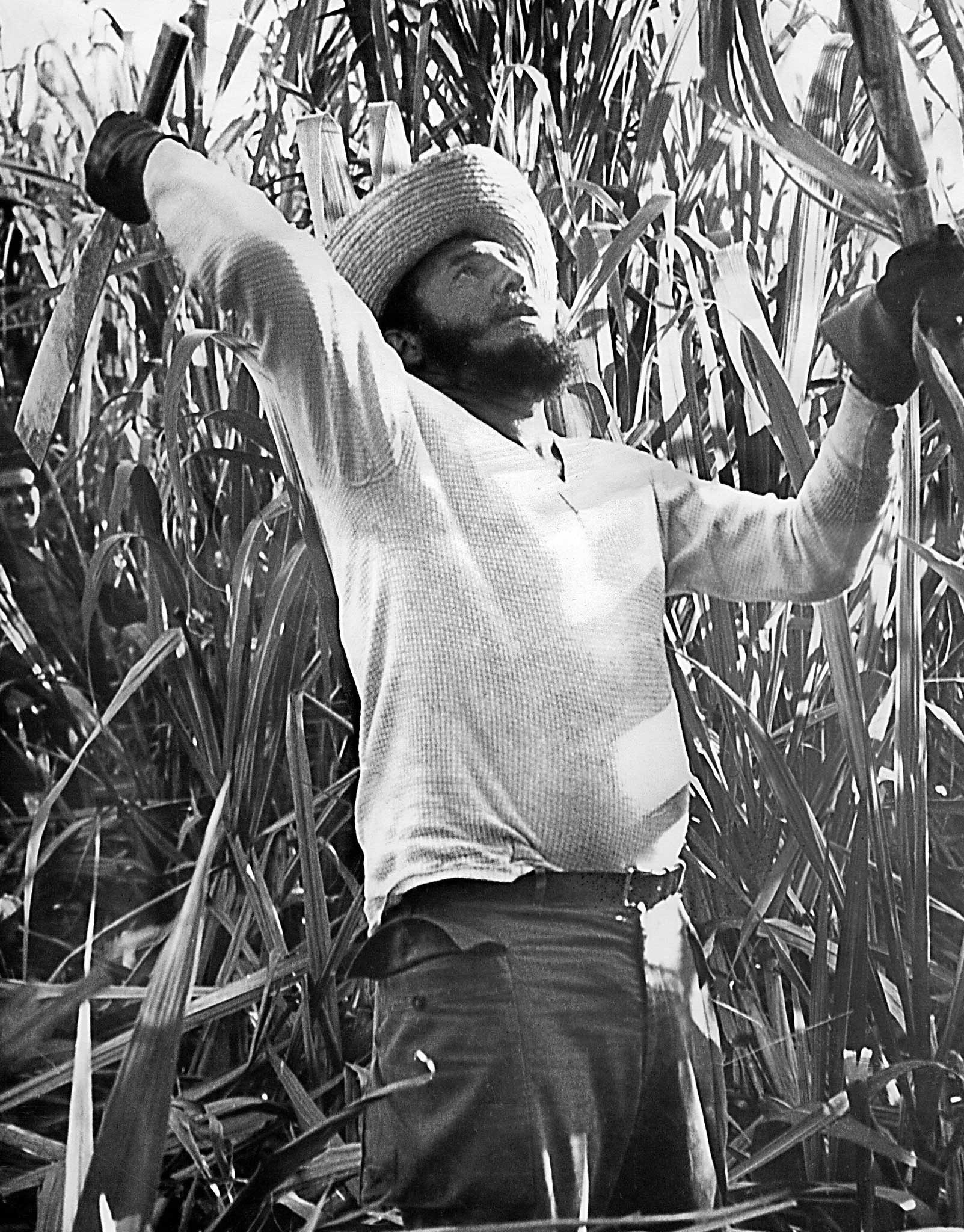Among the acclaim and awards received last year by Rachel Kushner's second novel, The Flamethrowers, dissenting voices said her narrative lacked unity and found its 1970s Manhattan art world setting too cool for its own good.
I adored Kushner's prose and conceptualism which felt worthy of the most engaging contemporary art. What do we want from fiction? If you relish glittering language that pursues emotional and political truth, you'll be enthralled by Kushner's debut novel, Telex from Cuba, which is being published in the UK for the first time.
On the eve of the 1959 Cuban revolution, enclosed communities of American expats are busy exploiting resources and labour in ways that are as glaring as tropical sun. At the United Fruit mill, sugarcane cutters endure 18-hour shifts doing what KC, the American boss's son, calls “brutal, brutal work”. Fidel and Raul Castro lurk in the hills, amassing weapons and comrades. Both appear as characters and Ernest Hemingway also makes a gin-soaked cameo.
Kushner's expats aren't monsters. Their children have complicated feelings towards Cuba where some of them were born. KC's brother joins the revolutionaries while Everly Lederer ponders important questions: “Everly wondered about her own parents, who never mentioned politics. Were they choosing for things to stay the way they were?” Everly's compassion and imagination counterpoint the cynical ex-Nazi arms trader, La Mazière, who manipulates governments and falls for revolutionary showgirl Rachel K.
La Mazière thinks: “It seemed a form of intelligence to claim not to care what happened to oneself.” This recalls the scene in The Godfather Part II where Michael Corleone says Castro's coup can succeed because his guerrillas are prepared to die. The Castro brothers still govern Cuba today but Kushner's novel depicts the conditions that preceded revolution and examines its potential for improving the lot of the poor. Idealism, La Mazière observes, is “radically unstable”.
La Mazière and Rachel K add romance and mystery to Kushner's portraits of middle-class ennui – think Revolutionary Road with guavas – and vanishing worlds. There's overblown imagery (La Mazière's “luminous winking bubble”) and a scene which exaggerates the invisibility of servants, as a teenager lounges in her slip, in front of her butler (“It's just Roosevelt”). Overall, though, the atmosphere seethes and crackles.
As revolution erupts, the expats shelter at Guantanamo military base. Telex from Cuba appeared in America in 2008, when Barack Obama was promising to close the prison which still holds alleged terrorists without charge or trial. “We went down there and we took,” KC reflects on the days of daiquiris and imperialism. We sympathise with him as we do with everybody who sees something they love reach its end. After finishing this lush, intoxicating book, I know how he feels.

Join our commenting forum
Join thought-provoking conversations, follow other Independent readers and see their replies
Comments